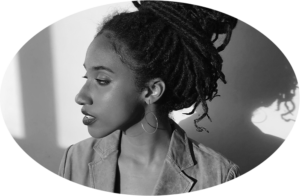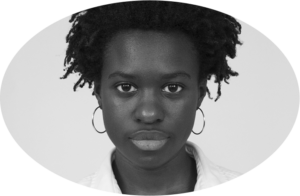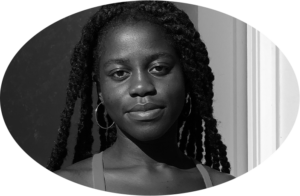Return to Self:
Exploring Healing through Wellness Traditions of
the Caribbean
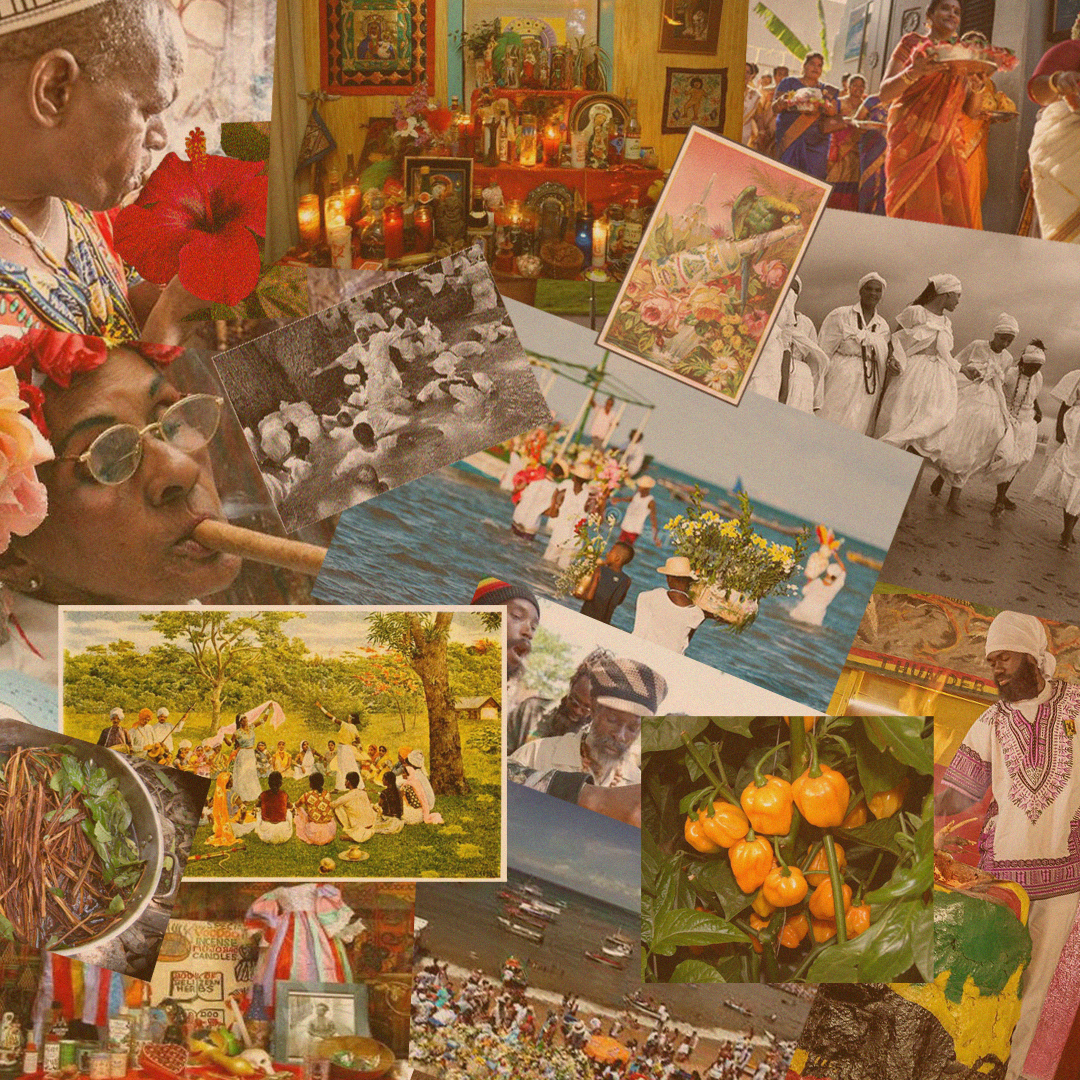
Date
February 25th, 2021
Location
Montreal, Canada
Author
Chelsea L. Niava
Editor
Fatou Alhya Diagne (Guest)
Editor-in-Chief
Tamy Emma Pepin
Illustration
Saraah Bikaï
There are certain things that all children of a Caribbean household learn at a young age. If you disobey the rules there will be physical consequences, you eat what was prepared for you, before bed you bathe and pray, and never forget to respect your elders. As you grow older you will find some other customs that are similar across the Caribbean, and yet not as openly spoken about.
These are wellness and spiritual traditions that have been carried on throughout the generations. I have noticed that whether you are of African, Indian or Latin descent, these practices include herbal concoctions for any and everything, various ways to protect the home from undesired spirits, fasting, massage, and of course, our infamous celebrations of Carnival where the dark folklore spirits, such as jumbie are equally celebrated as the daytime bright feathered characters, both of which connect us to nature. Over the years I have been demystifying this ancestral knowledge and digging deeper into my Caribbean identity, and my deep connection with nature that has been fostered through this culture. The way I see my work as an infant massage instructor, touch and attachment researcher, ayurvedic massage enthusiast and poet is strongly through a lens of Caribbean wellness and nature.
Separating my understanding of wellness and spirituality seems impossible. Similarly, I cannot discuss my Caribbean identity without exploring blackness and the traditions that melt together on these islands. Stories of the Atlantic slave trade, the common diasporic trauma and the rituals that we managed to memorize must be explored. Though I have been distinguished as a “coolie” (a derogatory term that was used by the British to identify Indo-Caribbeans), I currently sit here in West Africa researching wellness practices in the Caribbean, and I see so many similarities between my husband’s home and my own. So, I’d like to take a moment of gratitude for my black brothers and sisters, and express my humble heart for the opportunity to share this piece for Black History Month. So, where did it all start?
Throughout all of the above mentioned wellness practices in the Caribbean, there is the initial meeting, whereby a spiritual leader, shaman, pundit or other, will assess your current state. Spiritual healing can take many forms depending on what you are suffering from. For this reason many spiritual leaders will refuse treatment before a consultation. Diagnoses can vary from forms of energy imbalance, ancestral trauma to poor diet. Once your spiritual and physical state are assessed, you may then move on to being treated.
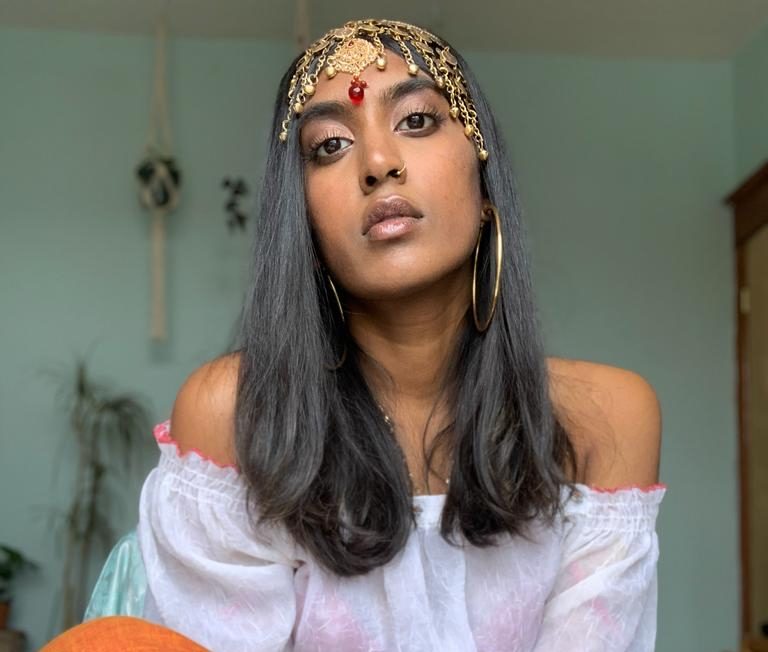
Chelsea L. Niava
Chelsea, founder of @higher.veda, has been committed to healing families and individuals through different healing practices, including massage, ayurveda and poetry. Unpacking her Caribbean identity has lent extraordinarily to her vision of wellness, and has led to a journey of breaking intergenerational trauma, both for herself and her community.
Bibliographie
